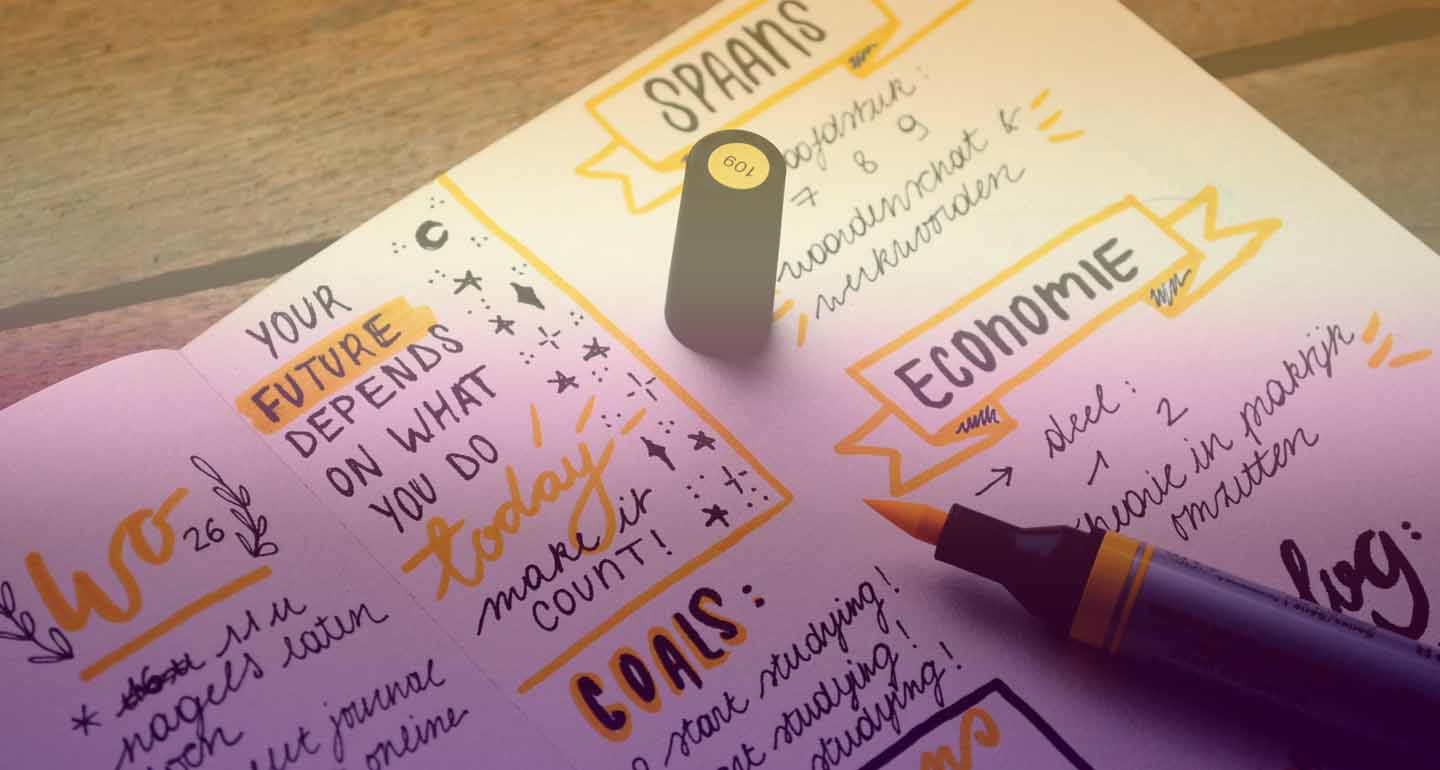Family is not only a source of love and support, but it also offers protection and teaches values. Family is where your life begins, and the love you have will last forever. Although we may have many friends, none will be able to offer the same level of love and support as our family. Families are a wonderful place to start life and help you build self-esteem.
Families are a great source of support
Family is an integral part of a person’s life. Their shared history and future can provide unconditional support and love. Strong family ties can relieve stress and promote emotional well-being. They can also provide support for personal and emotional needs during times of crisis. Here are six qualities of a strong family. A positive attitude is one of these characteristics. All family members are open to helping one another in difficult times.
Family relationships can be more complex than those in an average family. A family is generally made up of adults and their children. There are two types of families: extended and nuclear. The former refers to a married couple and its children, and the latter refers to extended family. Families can also be divided into two subtypes: the extended family and the nuclear family.
A family provides emotional, psychological and social support and companionship between children and spouses. Moreover, a family is a social institution that serves a social function by promoting family unity and social order. In addition to monetary benefits, the family also plays a vital role in promoting the common good. Family members provide the necessities of living. Some members may be too young or old to provide for themselves, while others may need help for various reasons.
A support system is an essential resource for every parent. A support network can provide both emotional and practical help. Parents often neglect to take time for their well-being. By taking time to look after themselves, they will have more energy to care for their children. With a robust support system, a person can feel more connected and satisfied with life. It will have an impact on the child’s self-care and development.
A Feeling Of Belonging
A sense of belonging to one’s family is vital for the individual and the family. People with a strong sense of belonging to their family have self-esteem, high self-respect, and a sense of dignity. These people are more cooperative, friendlier, and understanding. Children who don’t feel connected to their families will become isolated and have trouble making new friends. Children who don’t feel related to their family are more likely to become influenced and critical of others.
Family members are the most critical people in a person’s life. You feel safe and comfortable with them, so they give you a sense that you are part of a family. This sense of belonging is vital for our physical and mental health. Talking to a professional in mental health or a doctor is an excellent way to determine the root cause of your feelings. They can help us identify the root of our feelings and help us create strategies to achieve a sense of belonging.
Humans are wired to feel connected. The human need to be part of a group is innate. This led to them cooperating to survive. Maslow put belonging to a group above other physiological needs and safety concerns. Those with a strong sense of belonging in their families are better able to cope with the stresses of life, which can lead to depression and loneliness. Connecting with others and identifying with their values is essential to building a sense of belonging.
It Instils values
During the early years, your child is still learning about the world around them and what is essential to their family. You’re teaching your child how to use their senses, speak their first words, and walk. Your child will also learn about family values and how to build strong social relationships. These values can help your child to make good decisions and have healthy relationships.
Family is the most critical thing in a child’s life. They learn through experience more than words. When a child is brought up in a loving, respectful environment, it will be easier for them to learn about the values that are important to them. The values they learn from their family will continue to grow as they interact with others. This is especially true in the current era when joint families have become more common.
In addition to guiding their actions, family values guide their behaviour in relationships. These values will guide them through good times as well as bad days. These values will guide them through difficult times. A family values-based environment will make them more thoughtful and kinder people. They will be better able to manage difficult situations and build healthy relationships. You should strive to model your family’s values if you have children.
Writing down your family’s values is a great way to educate your kids about values. As unique as your family is, you’re likely to have family values, but some are universal. Here are eight important family values you should focus on when raising your children. There are many values on the list, and you will likely find one meaningful to your family. There are many other values.
Fostering communication
It is important to learn how to communicate with your family. This includes sharing information with children, taking on responsibility for collecting data from family members, recognising communication gaps, and sharing it. Good communication is simple but can also be challenging. Contact with family members is possible in many different ways. Technology can also be used to enhance relationships. Here are some ways to help parents communicate with their children. Start by sharing any relevant information. Make sure everyone feels heard.
Children should be encouraged to voice their opinions, and parents must model positive communication. Talking openly with children about daily life and asking questions will show them that you value communication. It can help build rapport with family members by asking them various questions. Remember to consider their cultural background when asking questions. Once you’ve established a connection, use different questioning techniques and respect cultural norms.
Family communication has many benefits beyond its emotional connection. Improved communication in the family is essential for all of its members. It strengthens the bond between parents and children and allows children to learn how to interact with others. The more you practice this skill, the better off you’ll be. It will also make it much easier for everyone to communicate. It is also a great way to help children learn to share with others.
Encourage family members to discuss any disagreements or issues with one another. Show unconditional love to your family member who disagrees and is concern for you. Try to understand the viewpoint of your family member, even if it is not what you agree with. Try to explain things to your child if they don’t understand.
About Dadhichi Toth, the Author

Dadhichi Toth is a revisionary astrologer who works with both Eastern and Western systems of astrology.
He is the founder and CEO of astrology.com.au and previous author of the best-selling astrology series of books for Harlequin Mills and Boon for 9 years.
📧 He can be contacted on [email protected]
🌌 For a personal consultation book here



















 Consider whether it’s fair to tell your partner the truth about your reasons for ending your relationship before you talk to them about your feelings. Although it may seem difficult to complete a connection immediately, you do not have to wait for the circumstances to improve before sharing your feelings. Instead, pick a time when both of you can give full attention to a serious conversation.
Consider whether it’s fair to tell your partner the truth about your reasons for ending your relationship before you talk to them about your feelings. Although it may seem difficult to complete a connection immediately, you do not have to wait for the circumstances to improve before sharing your feelings. Instead, pick a time when both of you can give full attention to a serious conversation.


